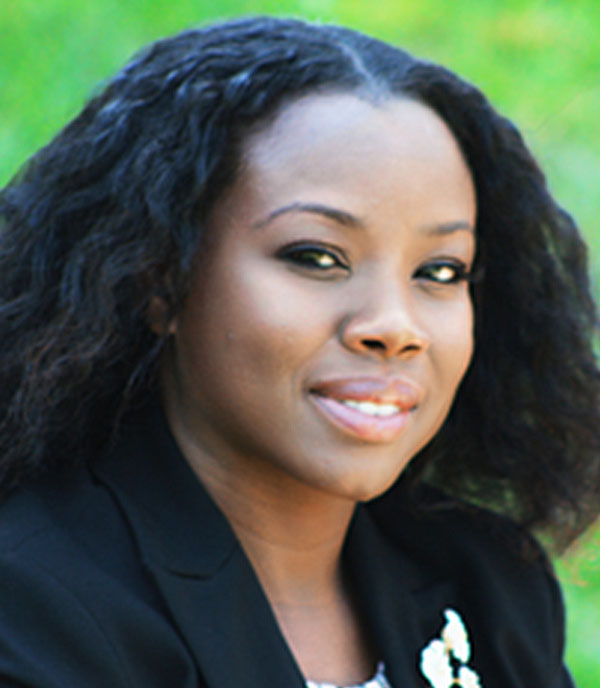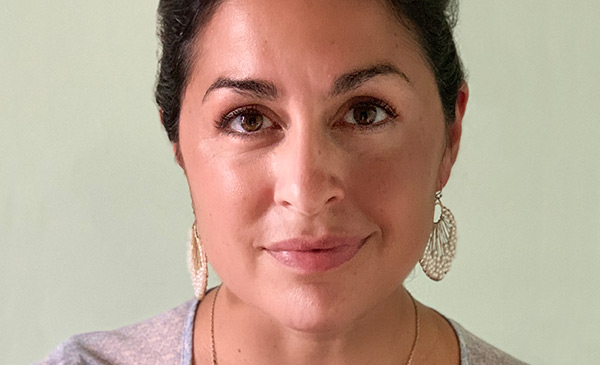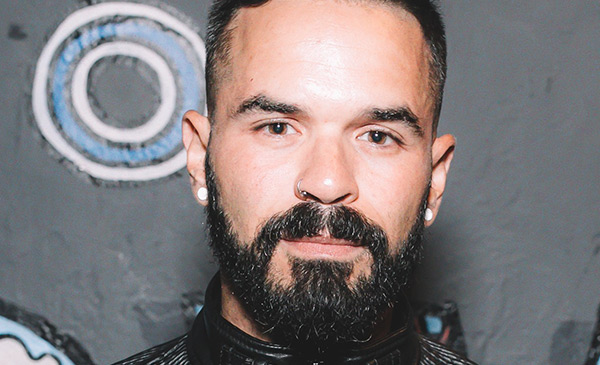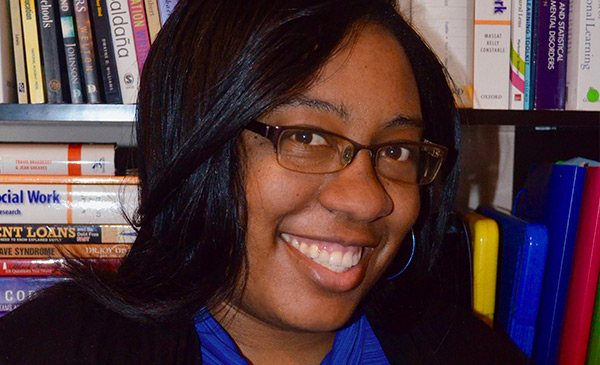Assistant Professor Michelle-Ann Rhoden Neita
Expertise in childhood trauma and well-being, and community partnerships

Michelle-Ann Rhoden Neita is deeply committed to community-based practice, with a special interest in grassroots and faith-based organizations. “It’s so important for service provision to be based in the community for accessibility,” she says, adding, “I favor smaller grassroots organizations because they provide needed community services with limited resources and support compared to larger organizations.”
Her prior clinical experience is grounded in providing therapy for children and families involved in the foster care system. She has witnessed the trauma and adversity these children can experience, and the long-term impact it may have later in life. “With these children, we’re often talking about psychological and intergenerational trauma, exposure to chronic violence, and abuse. The impact can depend on how chronic the trauma is, that is the intensity and the frequency,” she says. “And there is a spectrum of outcomes ranging from altering how you view yourself and how you view the world, to developing some PTSD symptoms to full PTSD.”
Michelle-Ann explains that people who experience chronic, cumulative trauma are in a heightened state of “fight, flight or freeze.” This raises cortisol levels which impacts them physiologically, producing chronic health issues, but also emotionally and behaviorally, which increases the risk for impulsivity and other self-regulation problems. “I’m very interested in these physiological and biological responses to trauma,” she says, “and advancing trauma-informed care approaches.”
She also wants to examine trauma and epigenetics, and this lies at the heart of her intended research agenda at JACSW. “Studies have shown that chronic trauma can actually affect the functioning of one’s genes, which has implications for physical and psychological health, and this may be intergenerational,” she says. “I want to study changes in the epigenetics of people in the child welfare and justice systems, to gain a greater understanding of the full impact of trauma in these populations.”


